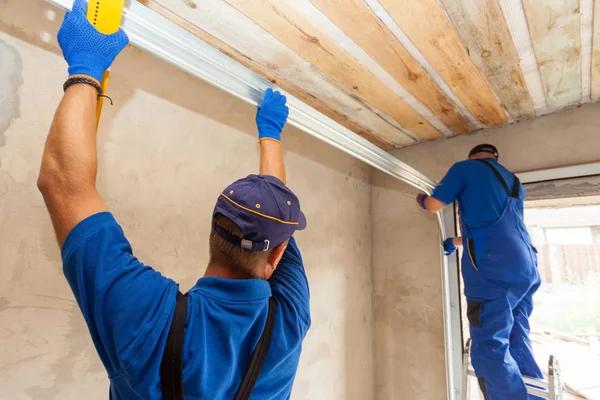New Plumbing Codes A Washington Contractor’s Guide

Washington state has recently introduced updated plumbing codes that significantly impact contractors working within its jurisdiction. These revisions aim to enhance water conservation, improve safety standards, and incorporate modern technologies into plumbing systems. For contractors, understanding these changes is essential to ensure compliance, avoid costly rework, and maintain a high standard of workmanship.
One of the key updates involves stricter regulations on water-efficient fixtures. The new code mandates the use of low-flow toilets, faucets, and showerheads that meet specific performance criteria. This change aligns with Washington’s broader environmental goals to reduce water consumption across residential and commercial properties. Contractors must verify that all installed fixtures comply with the latest WaterSense certification or equivalent standards recognized by the state. Failure to adhere may result in failed inspections or penalties.
In addition to fixture requirements, pipe materials and installation methods have been revised. The code now places greater emphasis on corrosion-resistant materials for supply lines and drainage systems. Copper piping remains widely accepted; however, cross-linked polyethylene (PEX) tubing has gained approval under certain conditions due to its flexibility and resistance to scale buildup. Contractors should familiarize themselves with approved products listed in the updated code book before specifying materials for projects.
Another significant aspect concerns backflow prevention devices designed to protect potable water supplies from contamination risks. The new regulations require more rigorous testing protocols during installation as well as mandatory annual inspections thereafter for commercial properties. Contractors involved in these installations need proper certification demonstrating their ability to test and maintain such devices according to state guidelines.
The updated code also addresses venting requirements more comprehensively than previous versions did. Proper vent sizing is crucial for preventing sewer gases from entering occupied spaces while ensuring efficient drainage flow rates are maintained throughout plumbing networks. ac repair washington‘s amendments clarify acceptable vent configurations and specify minimum diameters based on fixture units connected downstream.
Energy efficiency plays an increasing role in plumbing system design under these new rules as well. Tankless water heaters are encouraged where feasible because they reduce standby heat loss compared with traditional storage tanks while providing on-demand hot water delivery at reduced energy costs over time.
Contractors should note that local jurisdictions within Washington may adopt amendments or additional provisions tailored specifically for their regions; therefore it is advisable always to consult municipal building departments before commencing work.
Training sessions offered by professional associations help contractors stay current with these evolving standards while enabling them to ask questions about practical implementation challenges encountered onsite.
Adhering closely to Washington’s new plumbing codes not only ensures legal compliance but also promotes sustainability goals beneficial both environmentally and economically over the long term.
Bruno Plumbing & Heating
65 Campbell Ave, Washington, PA 15301
724-303-7469

